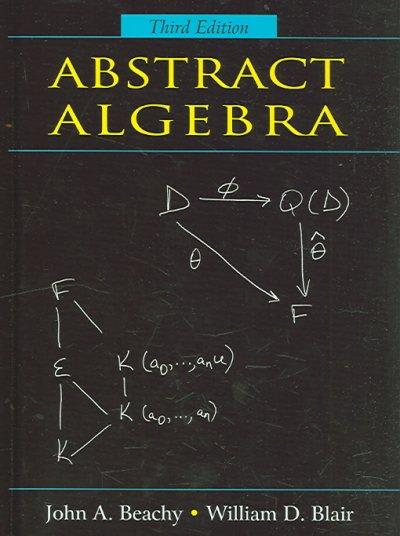Question
Cricket chirps (chirps/sec) Temperature (degrees F) 20.0 88.6 16.0 71.6 19.8 93.3 18.4 84.3 17.1 80.6 15.5 75.2 14.7 69.7 17.1 82.0 15.4 69.4 16.2
| Cricket chirps (chirps/sec) | Temperature (degrees F) | |
| 20.0 | 88.6 | |
| 16.0 | 71.6 | |
| 19.8 | 93.3 | |
| 18.4 | 84.3 | |
| 17.1 | 80.6 | |
| 15.5 | 75.2 | |
| 14.7 | 69.7 | |
| 17.1 | 82.0 | |
| 15.4 | 69.4 | |
| 16.2 | 83.3 | |
| 15.0 | 79.6 | |
| 17.2 | 82.6 | |
| 16.0 | 80.6 | |
| 17.0 | 83.5 | |
| 14.4 | 76.3 | |
According to the Farmer's Almanac, the frequency of cricket chirps varies according to the ambient temperature. As a result, by counting the number of chirps and dividing by the time period, the temperature can be predicted using a linear equation. The dataset in the second sheet of the spreadsheet linked above, provides 15 observations of the number of cricket chirps per minute and the corresponding temperature in degrees F.
The equation for the least squares regression line is ^y = 3.291x + 25.232
What is the response variable?
What is the predictor variable?
What is the interpretation of the slope?
What is the interpretation of the intercept?
What is the predicted temperature in degrees F when 22 chirps per minute is measured?
Step by Step Solution
There are 3 Steps involved in it
Step: 1

Get Instant Access to Expert-Tailored Solutions
See step-by-step solutions with expert insights and AI powered tools for academic success
Step: 2

Step: 3

Ace Your Homework with AI
Get the answers you need in no time with our AI-driven, step-by-step assistance
Get Started


